Pathology
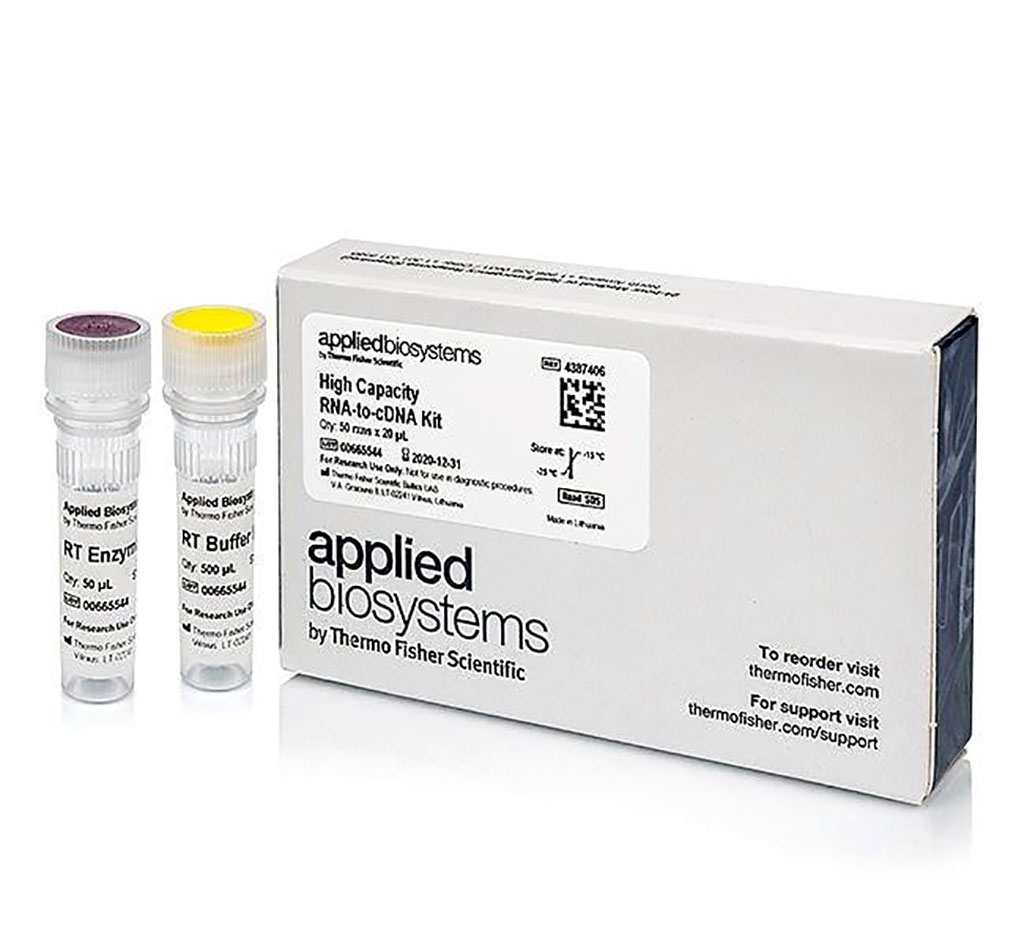
Melanoma Test Offers Reassurance of Low Risk of Cancer Spread
Cutaneous melanoma is an aggressive form of skin cancer with an increasing worldwide incidence, particularly in the younger population. Although treatment for patients with metastatic melanoma has improved remarkably in the last decade, principally with targeted therapies and immune checkpoint modulators, there are still no consistently beneficial treatments for patients with metastatic disease. More...25 Jan 2022
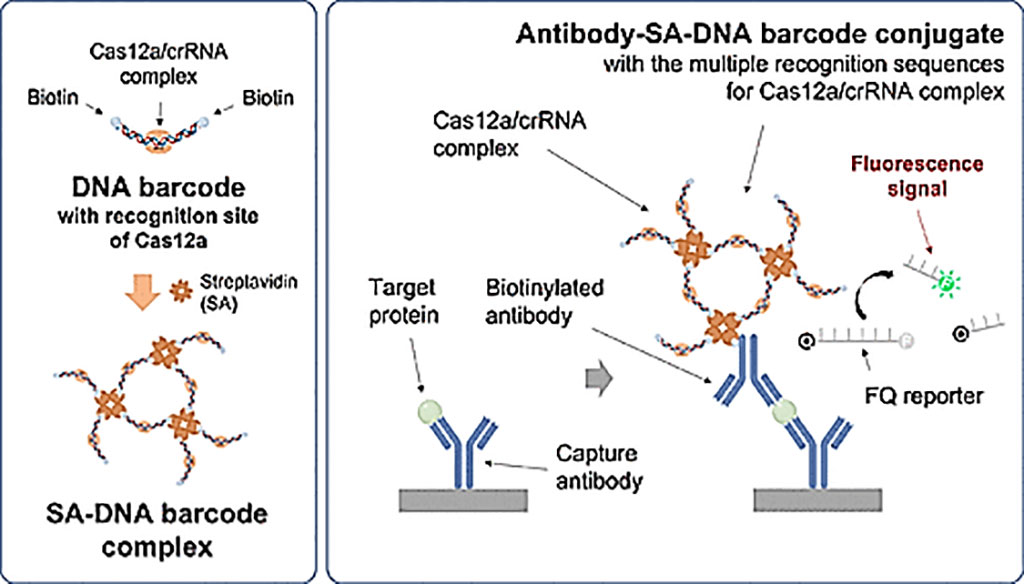
Immuno-CRISPR Assay Helps Diagnose Early Kidney Transplant Rejection
When a patient receives a kidney transplant, doctors carefully monitor them for signs of rejection in several ways, including biopsy. However, this procedure is invasive and can only detect issues at a late stage. More...20 Jan 2022
Long Mononucleotide Repeat Markers Validated for Microsatellite Instability Detection
Mismatch repair deficiency (dMMR) predicts response to immune checkpoint inhibitor therapy in solid tumors. Long mononucleotide repeat (LMR) markers may improve the interpretation of microsatellite instability (MSI) assays. More...12 Jan 2022
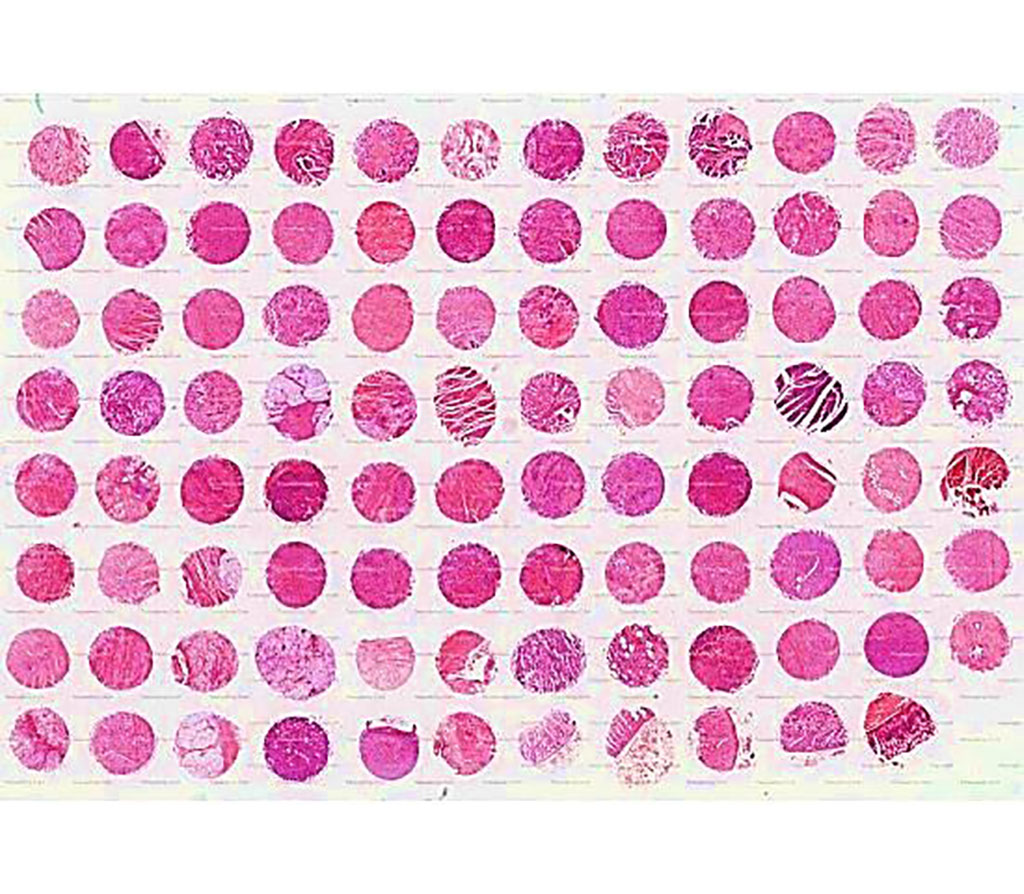
Natural Killer Cell-Associated Markers Investigated in Gastric Cancer
Gastric cancer (GC) is one of the leading causes of cancer-related deaths worldwide. Although the survival rates of GC patients have increased with proper screening systems, standardized surgical protocols, and development of chemotherapy regimens, the general outcome of GC patients, especially those in advanced stages, remains poor. More...11 Jan 2022
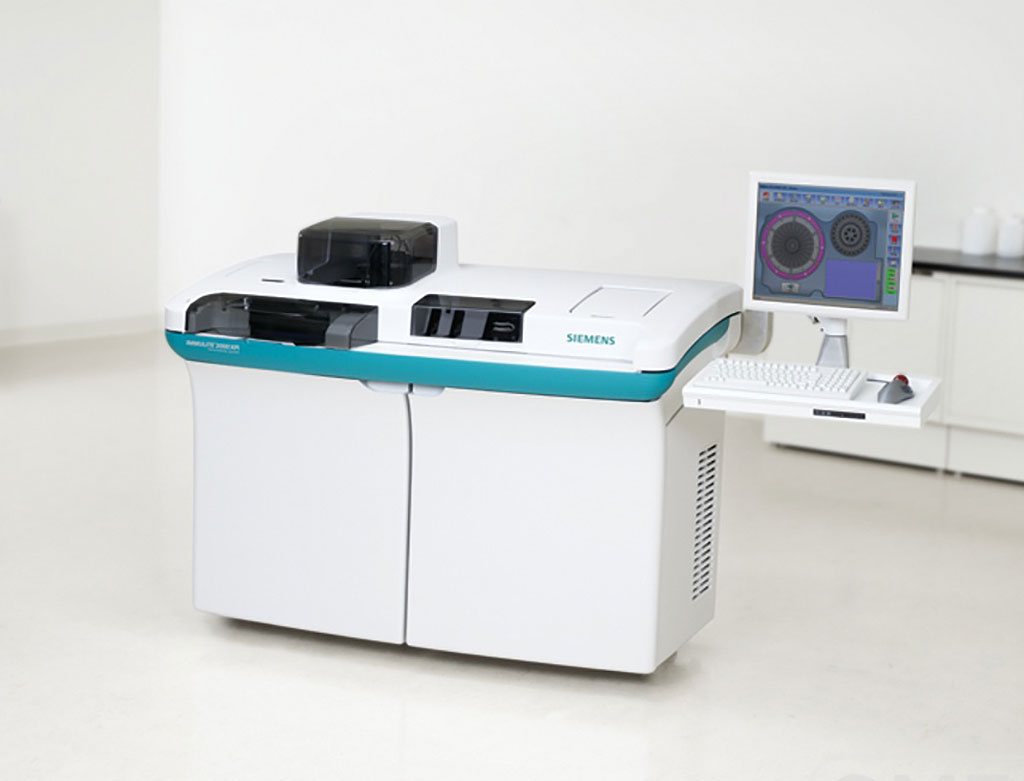
Association Between Helicobacter pylori With Nonalcoholic Fatty Liver Disease Assessed
Non-alcoholic fatty liver disease is closely linked to various metabolic disorders such as obesity, type 2 diabetes, and cardiovascular disease, and has been considered as a hepatic manifestation of metabolic syndrome. More...06 Jan 2022
Novel Protein Biomarkers Identified for Prostate Cancer Aggressiveness
Prostate cancer is the most commonly diagnosed cancer in men and is among the top five causes of cancer-related death. In most cases, prostate cancer can be successfully treated but there is a group of patients who suffer an aggressive course and often fatal outcome. More...05 Jan 2022
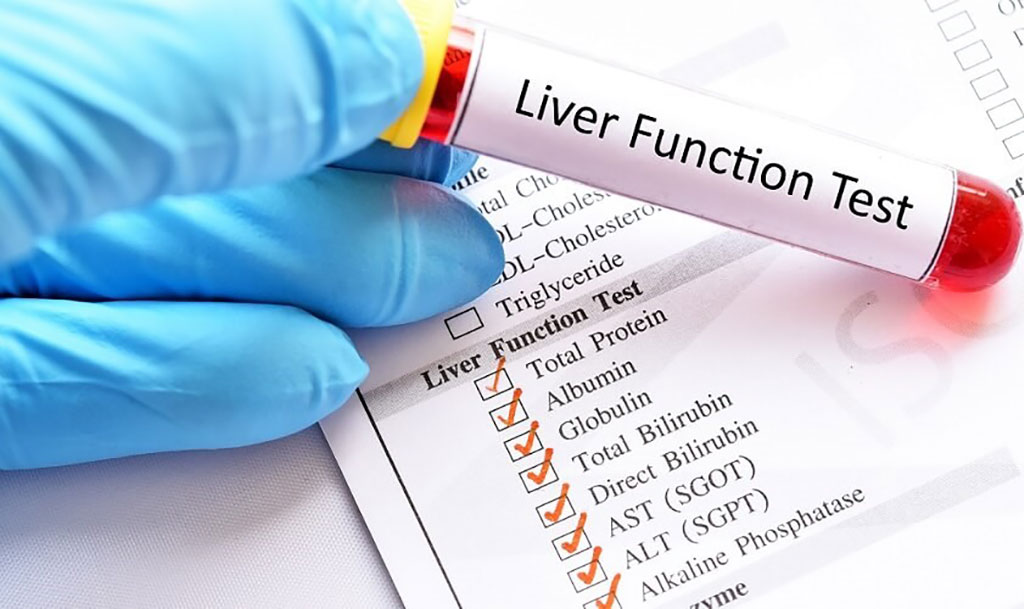
Near Normal Aminotransferase Levels Reported in Alcoholic Cirrhosis Patients
Alcoholic cirrhosis affects around 1 in 400 adults in the USA. It is an advanced form of liver disease, which occurs when chronic ethanol use leads to inflammation and cirrhosis or scarring of the liver. Less than 50% of people diagnosed with advanced liver disease due to cirrhosis survive for one year, and so early diagnosis is crucial. More...30 Dec 2021
In Other News
Biomarker FR+CTC Explored for Breast Cancer Diagnosis
Tissue Counterpart to Monoclonal B-Cell Lymphocytosis Characterized
3D Imaging Method Determines Prostate Cancer Aggressiveness
Intratumor Heterogeneity Analyzed in Neuroblastoma
Genomic Screening Can Identify Risk for Amyloid Cardiomyopathy
Cystic Pancreatic Lesion Bacteria Are Precursors to Pancreatic Cancer
Roche Introduces AI-Based Digital Pathology RUO Algorithms for Evaluation of Breast Cancer Markers
Targeted RNA-Sequencing Panel Detects Gene Fusions in Solid Tumors
Assay Developed for Patient-Specific Monitoring and Treatment for Ovarian Cancer
Specific Biomarker Investigated for Triple-Negative Breast Cancer Diagnosis
Serum MicroRNA Panel Predict P-Tau/Aβ42 in CSF in Alzheimer's Disease
AI-Based Pathology Diagnostic Tool for Gastric Cancer Achieves 100% Sensitivity in Trials
Simple Urine Test Detects Urothelial Cancers in Lynch Syndrome Patients
POC System that Requires Single DNA Molecule for Rapid Detection of Multidrug-Resistant Pathogens Unveiled at MEDICA 2021
Men with Certain Pathogenic Variants Had a Higher Incidence of Prostate Cancer
Endotoxemia Genetic Profile Reveals an Association with Thromboembolism and Stroke
AI Accurately Detects and Diagnoses Colorectal Cancer from Tissue Scans As Well or Better Than Pathologists
Novel Serum Biomarker Investigated for Early Gastric Cancer Diagnosis
Gene Expression Test Improves Idiopathic Pulmonary Fibrosis Diagnosis
Inflammation Associated with Heart Failure in Rheumatoid Arthritis
Biomarkers Predict Long-Term Kidney Function After Acute Kidney Injury
Sysmex Inostics Launches New Ultra-Sensitive Leukemia Blood Test for Early Detection of Cancer Cells Following Initial Therapy
Calculation of Melanoma Mitotic Rate Standardized on Whole Slide Images
The Pathology channel details advances in the field of Surgical Pathology and all its subspecialties, including Cytopathology and its subspecialties.








 (3) (1).png)

